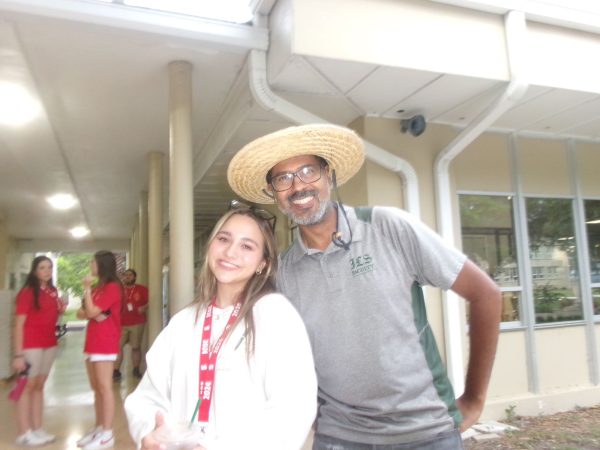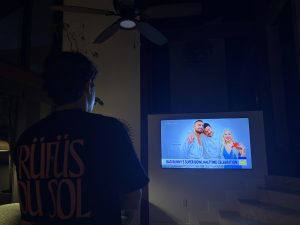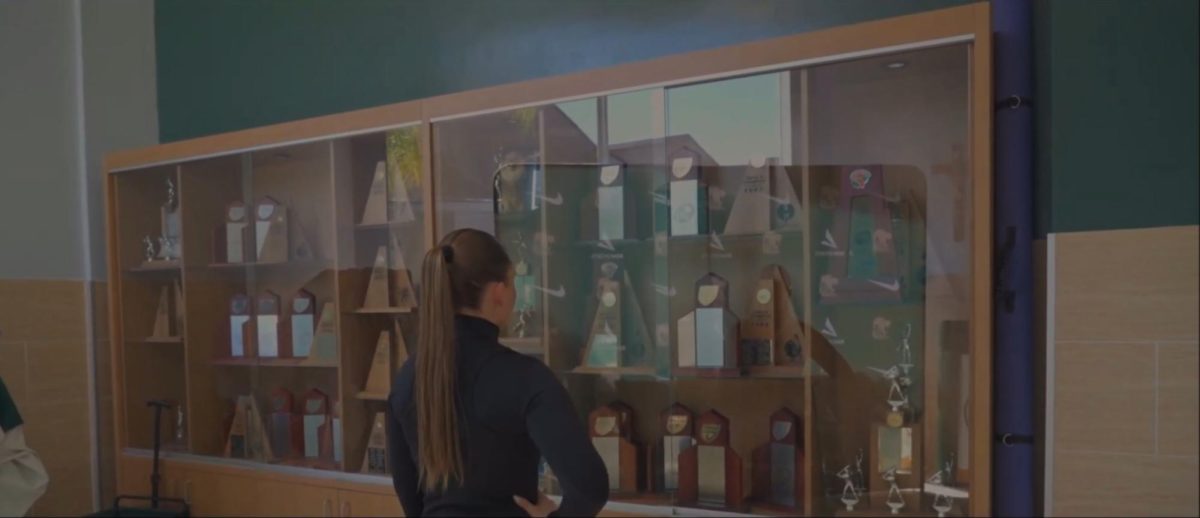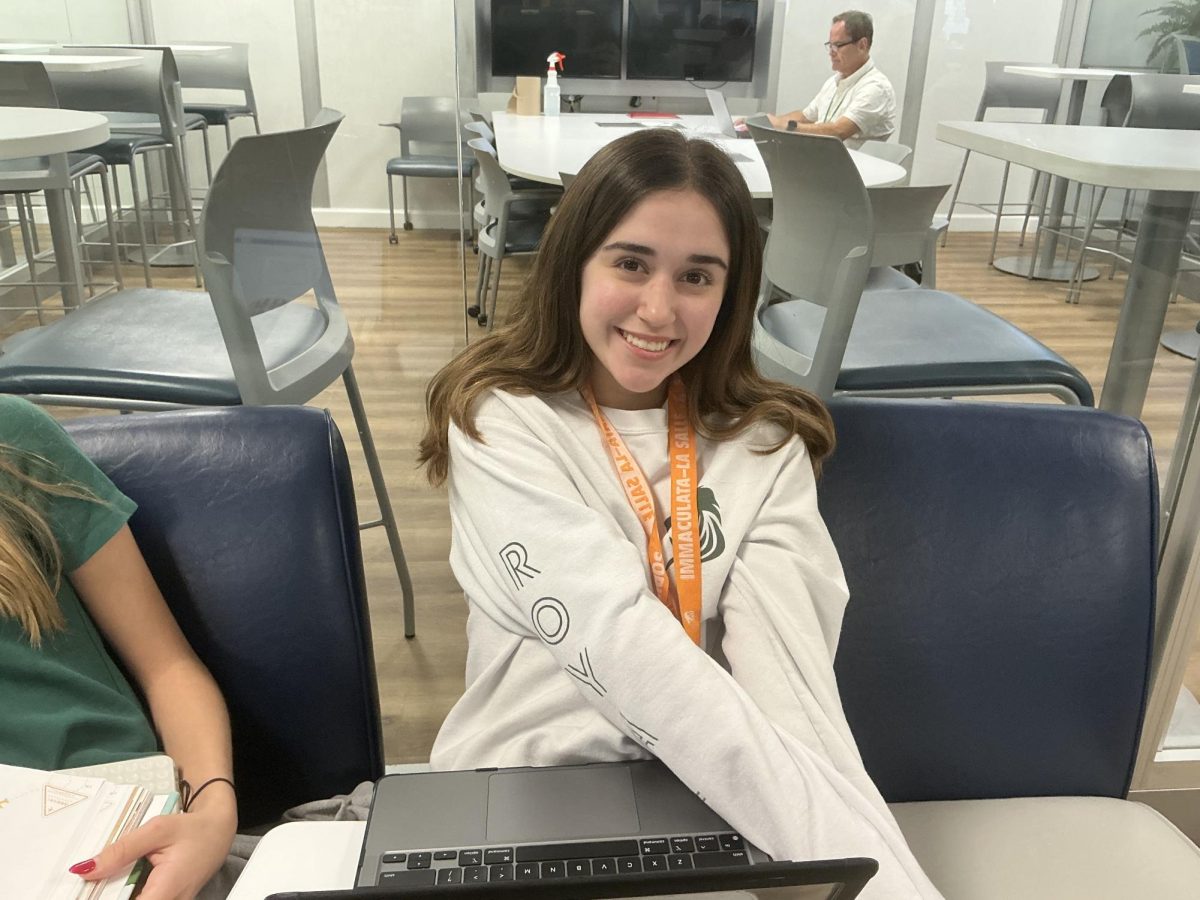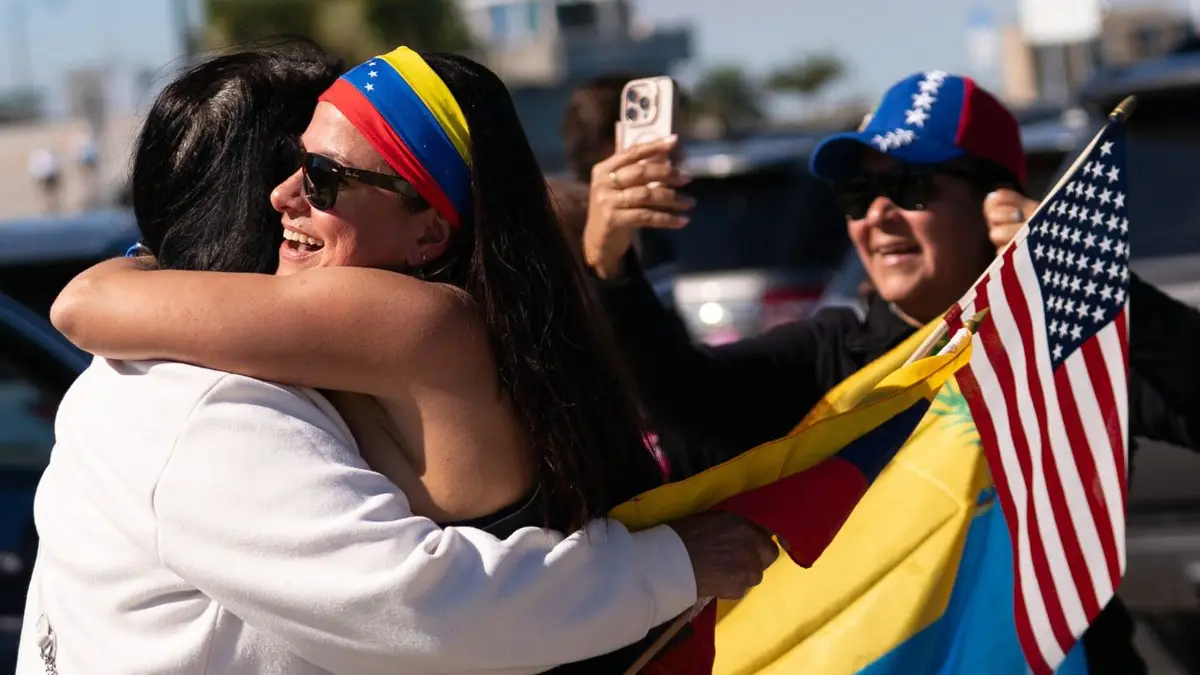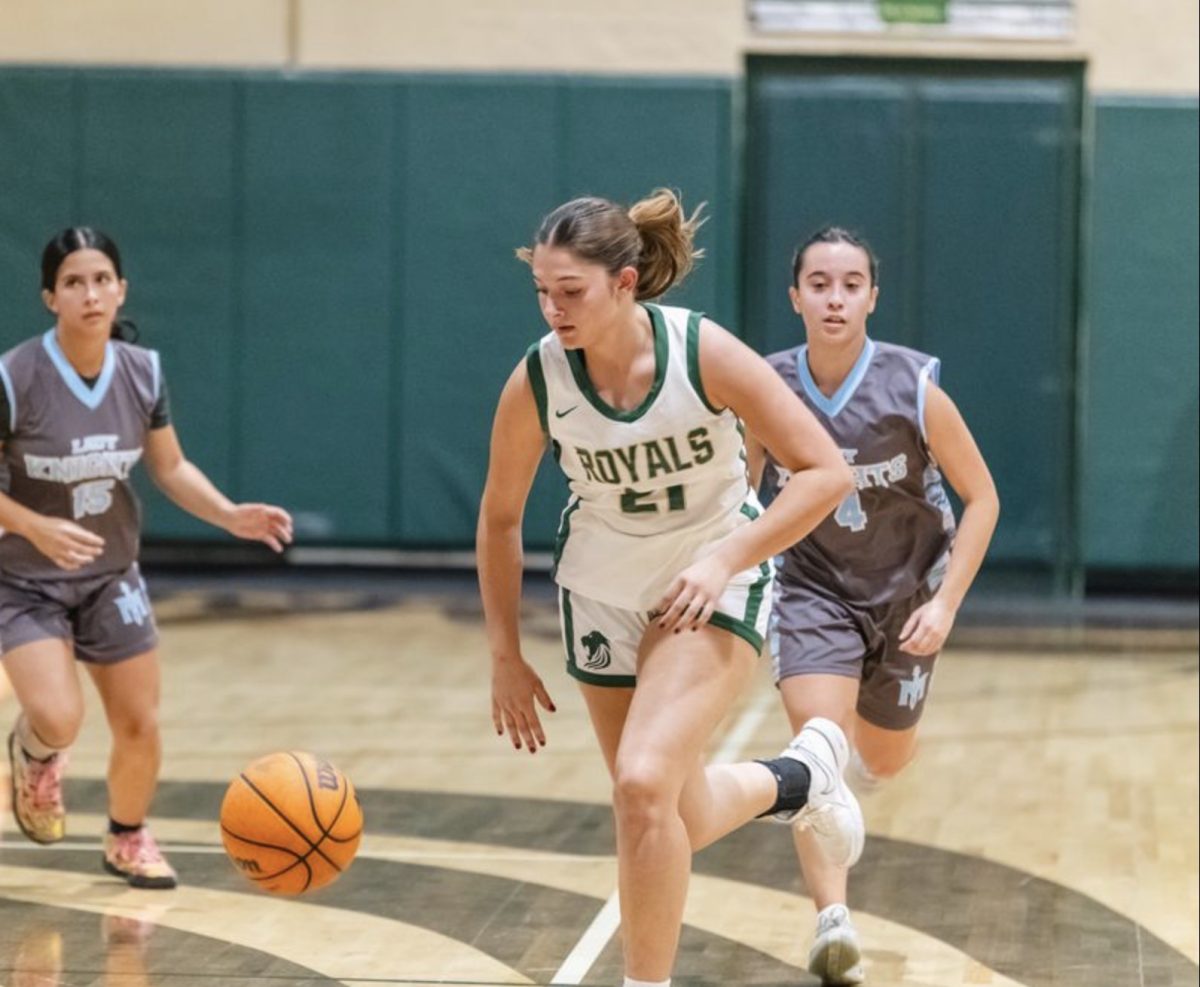Viola Davis: Paving the Way
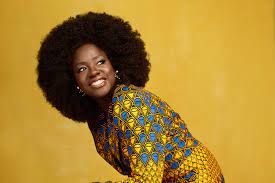
March 1, 2022
Capping The Royal Courier’s celebration of Black History Month, today Viola Davis has become a film must-have actress, giving Meryl Streep a run for her money.
Davis was born August 11, 1965, in South Carolina. She is known for her precise, controlled and regal performances where she either brings tears to your eyes or a shock to your face. With an overwhelming 139 award wins and 309 nominations, Viola Davis made history as she became the first black woman to take home the Emmy for outstanding lead actress in a drama series. Not only that, but she later on twisted viewers’ hearts with her meaningful speech. The outstanding actress from How To Get Away With Murder has always been an open advocate for diversifying Hollywood and the entertainment business.
Davis is an icon known for playing other icons, in a way only she can. She is a woman with a a powerful, dominant, and secure voice. She has played all types of female leaders like Ma Rainey and Michelle Obama. She is an Oscar, Emmy and two-time Tony-award-winning actor and producer, and in March 2021 became the most-nominated Black actress in the history of the Academy Awards, earning her fourth Oscar nomination for playing Ma Rainey, in the Netflix adaptation of Ma Rainey’s Black Bottom.
Growing up
Davis was raised in Rhode Island where her father found work as a horse groom at nearby racetracks and her mother took on domestic and factory jobs. Their income was frequently insufficient to support the family, and they endured grim rat-infested apartments and occasional food shortages. Davis began acting in school productions and theatre competitions. She enrolled at Rhode Island College, where she majored in theatre and graduated in 1988. She proceeded to the Young Peoples School for the Performing Arts in Rhode Island on scholarship before attending the Juilliard School where she graduated in 1994.
Rise to the Oscar’s
- In 1996 Davis made her Broadway debut in August Wilson’s Seven Guitars, in which she played a musician recently released from prison, a performance that earned her a Tony Award nomination.
- In 2010 she also assumed the female lead in a Broadway revival of Wilson’s Fences next to Denzel Washington for which she won another Tony.
-
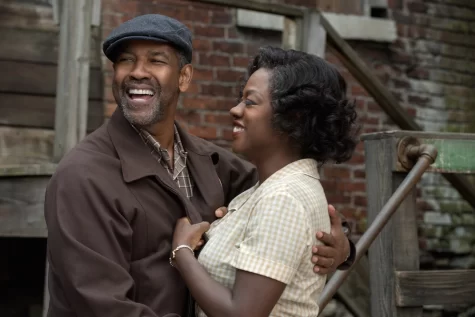
- Viola Davis and Denzel Washington in Fences.
- Davis’s performance as a reserved maid at the rise of the American civil rights era in the film The Help (2011) earned her Oscar and Golden Globe nominations for best actress.
-
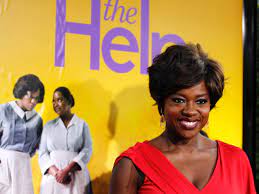
Viola Davis in The Help. - She then starred as a law professor in the television drama series How to Get Away with Murder and in 2015 she won an Emmy Award for her performance on that show with notations in every season release.

Viola Davis starred in How To Get Away With Murder. - Davis re-teamed with Washington for the 2016 film adaptation of Fences, which he also directed. For her work in the drama, Davis won a Golden Globe Award and an Academy Award (Oscar) with this film, becaming the first Black female to win an Oscar, an Emmy, and a Tony for acting.
-
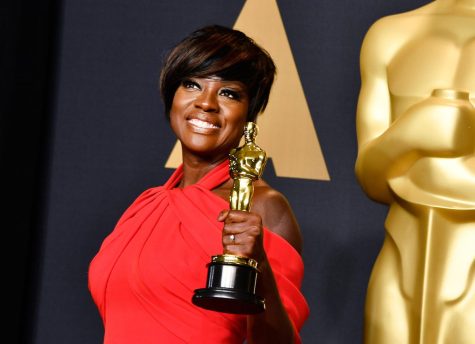
Viola Davis received her Tony.
The recipient of an Academy Award, a Primetime Emmy Award, and two Tony Awards, she is the first African-American to achieve the Triple Crown of Acting. Time magazine named her one of the 100 most influential people in the world in 2012 and 2017. In 2017, she received a star on the Hollywood Walk of Fame. In 2020, The New York Times ranked her ninth on its list of the greatest actors of the 21st century up to that point. It can be assured that her hard work for her community is paying off.
Where is she now
Davis and her husband, Julius Tennon, are founders of a production company, JuVee Productions. Davis is also widely recognized for her advocacy and support of human rights and equal rights for women and women of color. She now has one child who forms a part of their happy family. She has appeared in multiple campaigns and advertisements spreading the beauty within her culture. She releases her Afro with no shame and is safe in her own skin. In 2019, she became a L’Oréal Paris ambassador as the cherry on top for being an empowered black woman living the most succesful and fulfilled life anyone could imagine.
“As Black women, we’re always given these seemingly devastating experiences—experiences that could absolutely break us. But what the caterpillar calls the end of the world, the master calls the butterfly. What we do as Black women is take the worst situations and create from that point,” she said.


